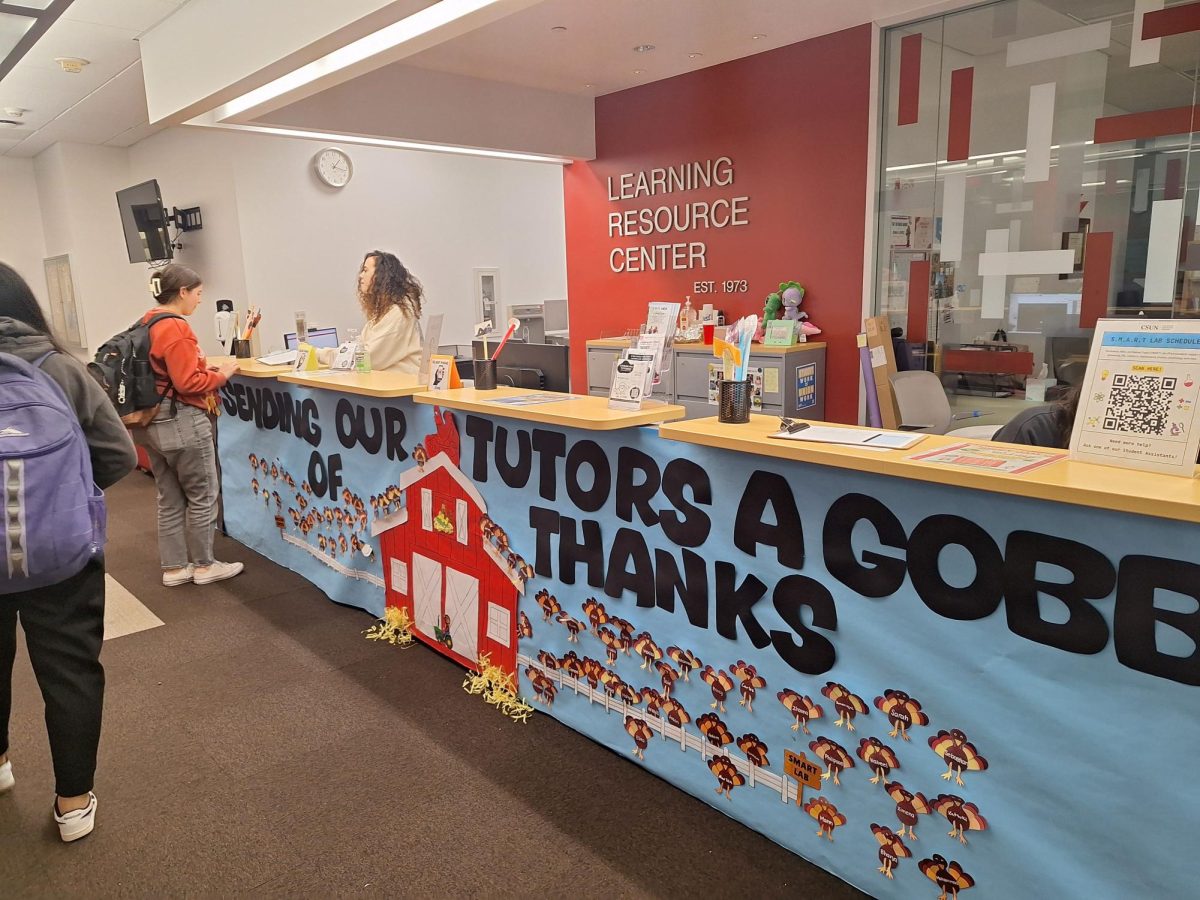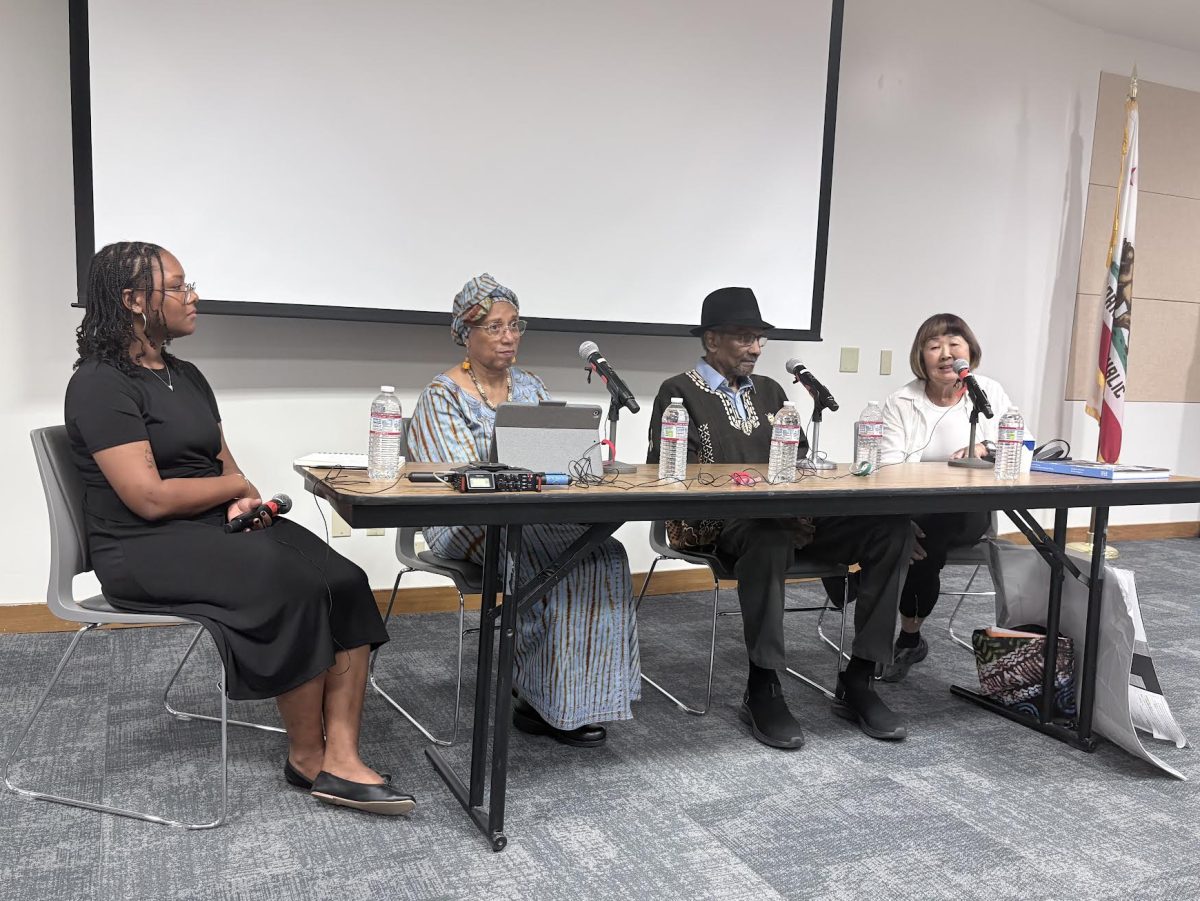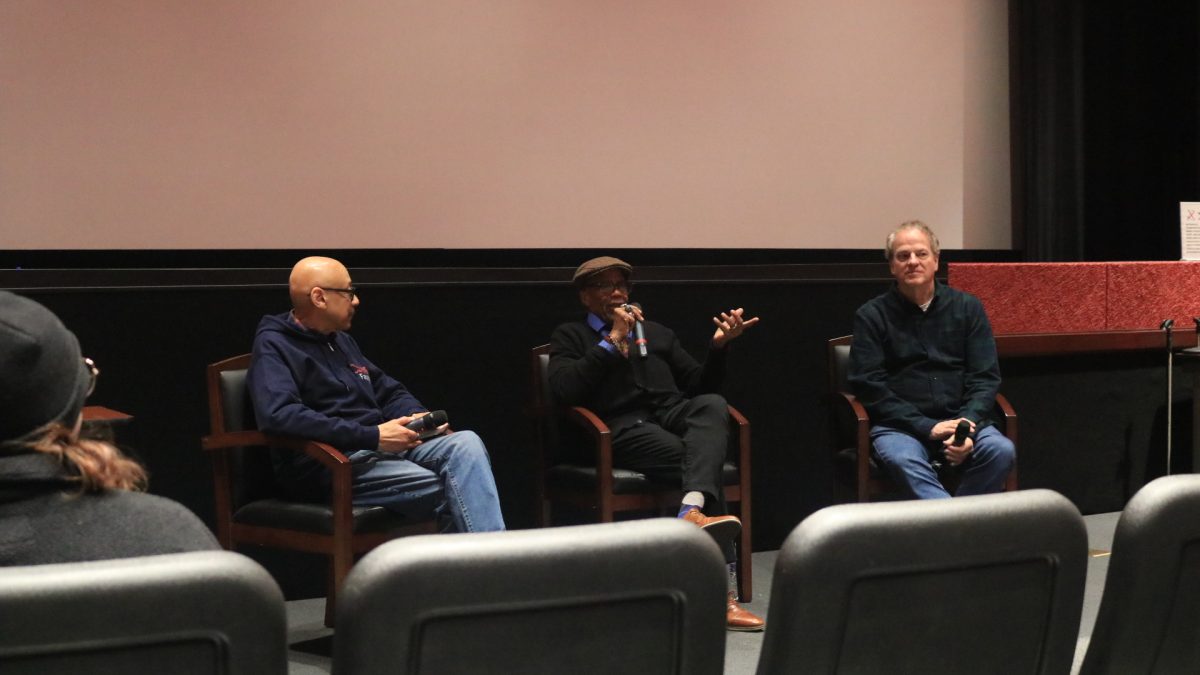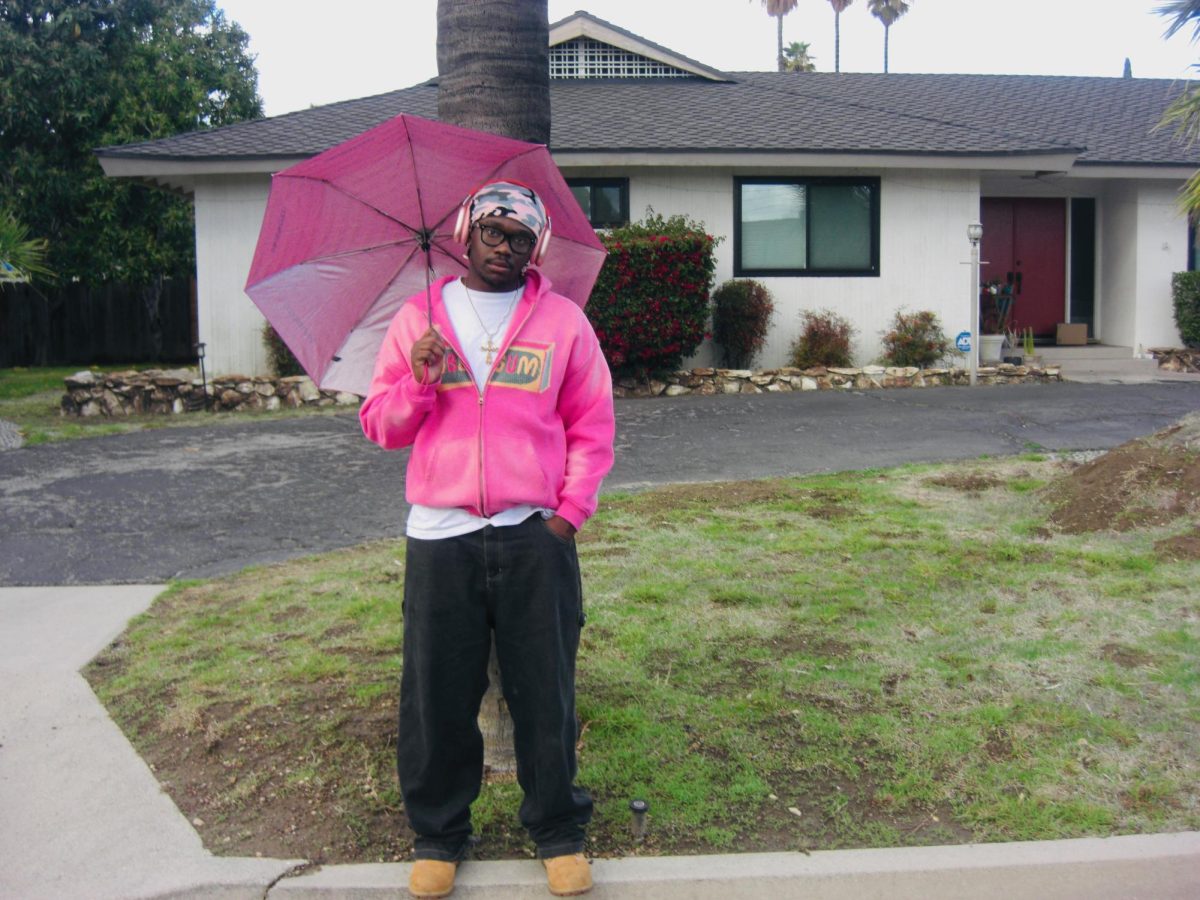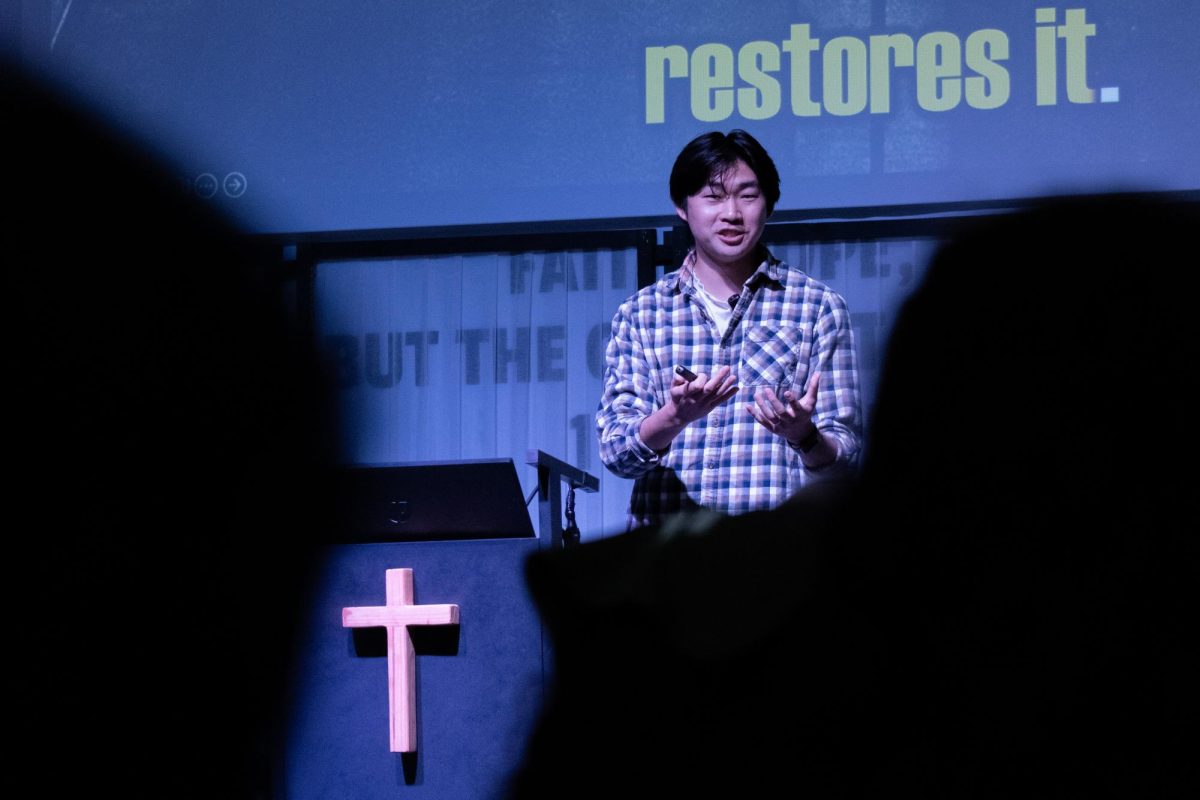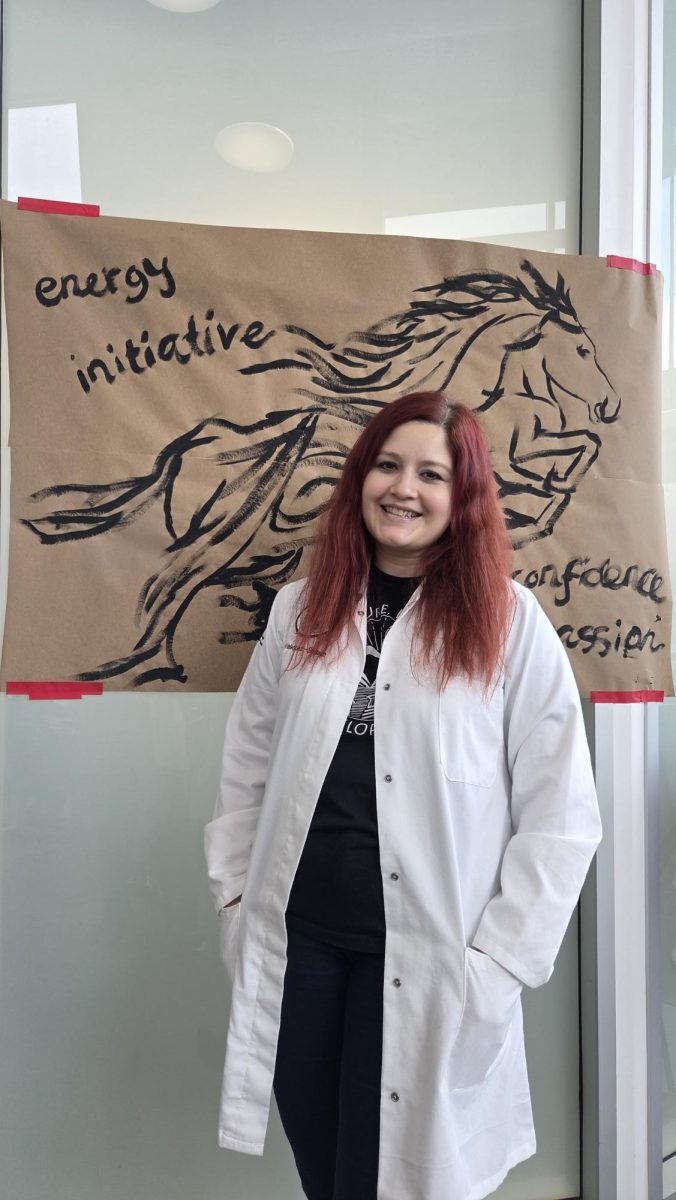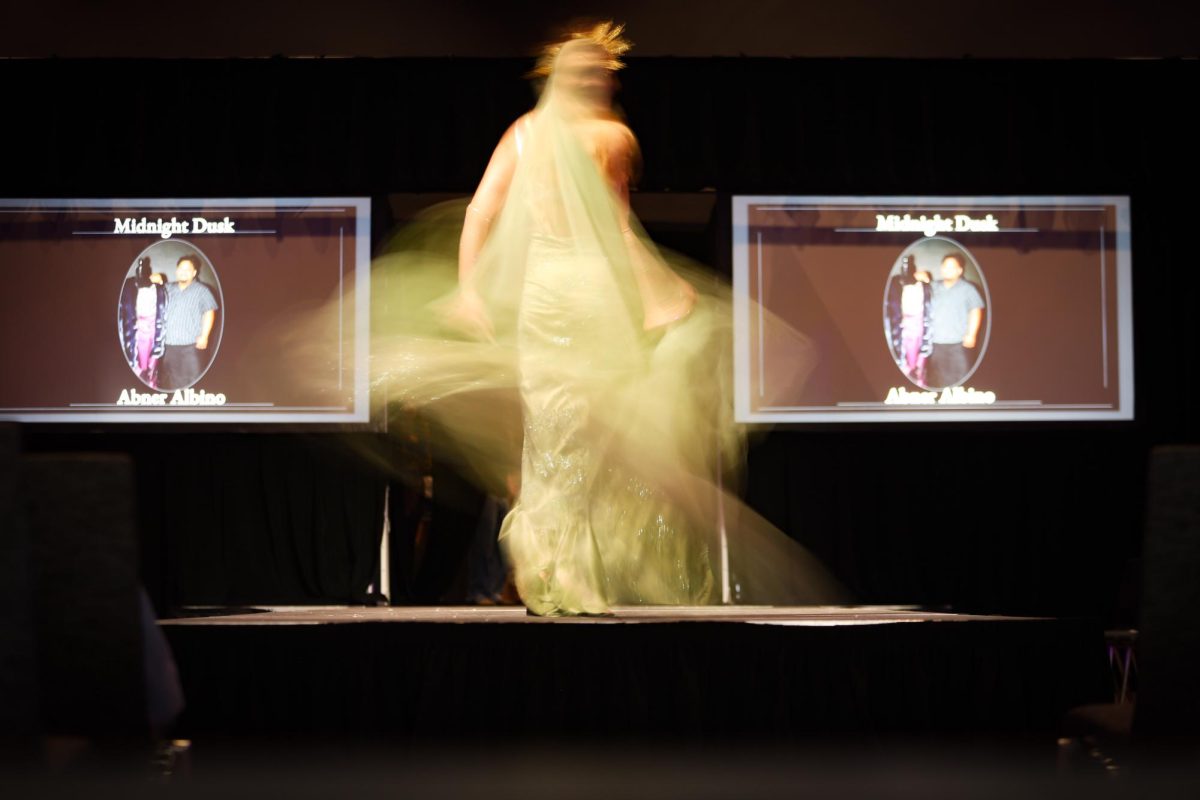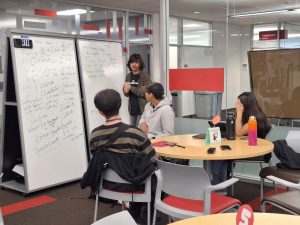
The Learning Resource Center (LRC), located on the third floor of the CSUN campus library, hosted its annual Writer’s Block Rumble, on Dec. 4 and Dec. 5 in the center’s own classrooms.
Roxana Maldonado, lead student assistant and radiology major, explained how the annual event is one of the few in the free tutoring center. The LRC is divided into two sections. The first, Writing Center which offers one-on-one appointments with tutors and Supplemental Instruction (SI) Leaders. The second, the SMART Lab, which focuses more on group studying and tutoring and hosts a Study Jam for finals week for STEM majors.
The center is for students and run by students, including Maldonado, who started working her second semester of her freshman year.
“It has impacted my life because I’ve gotten the opportunity to excel within myself,” Maldonado said. “I’ve gained confidence, I’ve made connections here on campus, and I’m very involved in the many resources.”
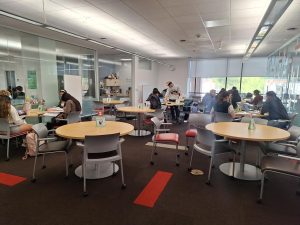
Working alongside Maldonado, is Ola Henui, an international computer science student, working her first official job as a student assistant in the front desk. In her brief time in the LRC, Henui has gained experience and improved her communication and English-speaking skills.
She argues since all LRC services are included in tuition fees, she firmly believes every student should seek help, especially during the transition from high school writing to college level writing.
“The purpose of the LRC is just to help students so having events like these, cause if we don’t have events like these, any student that would come in for writing right now we would have to turn away, ‘cause we don’t have any availability either online or in person for the Writing Center. Events like these help us take in more students, way more students, help way more students,” said Henui.
Writing Programs Coordinator Meagan Meylor, one of the LRC supervisors, experiencing the annual event for the first time herself, having joined CSUN this semester.
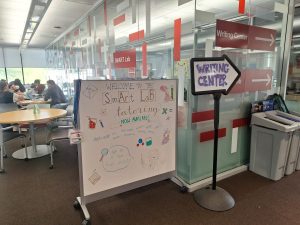
With a background in teaching writing classes to younger students, Meylor has been able to reach out to students who had a requirement of coming in for a class requirement or who needed extra time and space to work on projects.
While facing many challenges in keeping students coming into the LRC, Meylor, along with the rest of the faculty, keep up meetings to come up with new ideas to bring attention to the center and its services. Some of the actions the student assistants take on are staying active on Instagram and social media and sending out frequent emails and newsletters promoting courses in the SMART Lab and private appointments in the Writing Center.
One of the methods the LRC implemented was “body doubling,” or when students work best in the presence of others to help hold them accountable and stay focused, instead of working from their dorms. Earlier in the semester, the LRC also released a pamphlet with tips on how to plan out the weeks before final exams and how to create a timeline for writing essays. Meylor explained this would encourage students to write out their schedule and see it hour by hour to know when there would be between classes and projects, helping reduce anxiety seeing it on paper to seem less overwhelming.
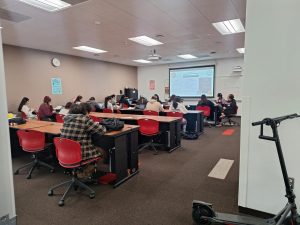
Among the students taking advantage of the quieter spaces in the center is Emily Vaughn, a psychology major who frequents between classes to study for her chemistry course, which is her most challenging class. With the help of group tutoring, she passed her last exam with a higher school than previous times.
“I think it’s like easier access, especially since it’s on campus,” Vaughn said. “And I don’t think there’s a stigma of getting help here. And it actually is really really helpful.”
When considering new ways to help students in the future, the staff has started planning multiple workshops, including conversations on AI and how it can be a helpful tool in writing.
“We’re trying to come at it from a place of, you know, we don’t want to police students or accuse them of using AI, but we’re trying to imagine the LRC as kind of a safe space where students can share their experiences with AI,” Meylor said. “We can help them navigate their professors’ policies around it and just learn how to use the tool more ethically and help the student develop those AI literacy skills that are going to be very important to their personal and professional lives after college.”
In order to make these proposals a reality, the LRC has been looking into partnerships with different groups on campus to create a more cohesive message about these tools.
“Our message is that tutoring is not a punishment,” Meylor said. “It’s not something that you should only do if you’re not doing well in the class. It’s really a tool and a community for students to support them, regardless of their GPA or what classes they’re taking. It’s a really great resource to take advantage of from the very beginning of college and hopefully all the way through.”
For more information on the LRC and any upcoming events, such as Study Jam, students can visit their official page or their Instagram.
